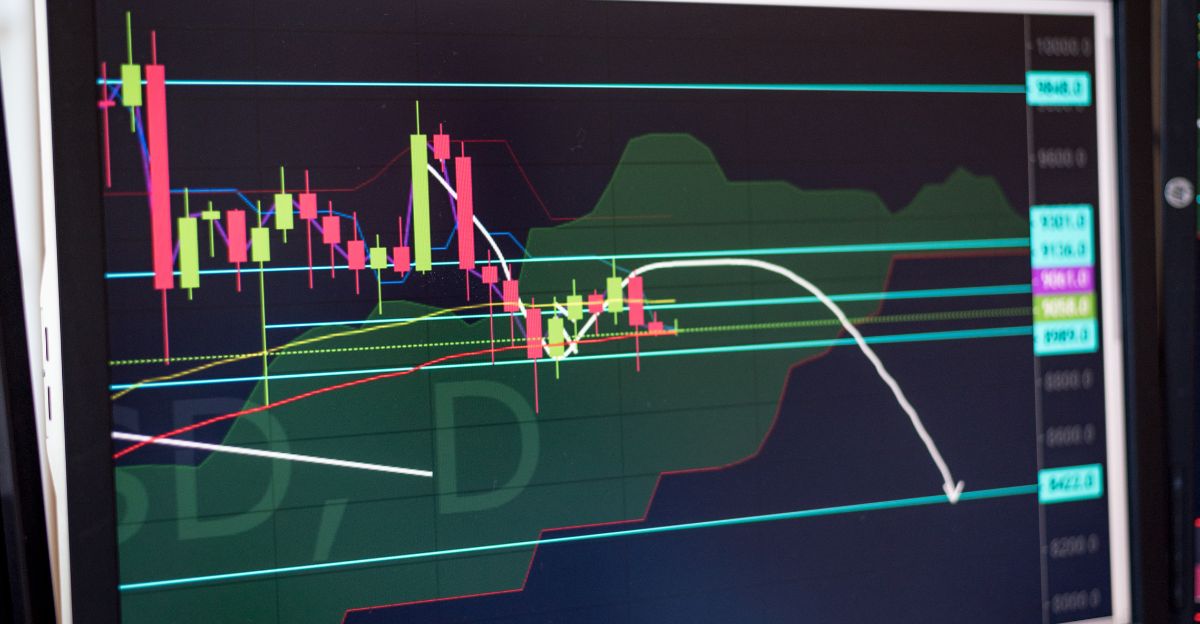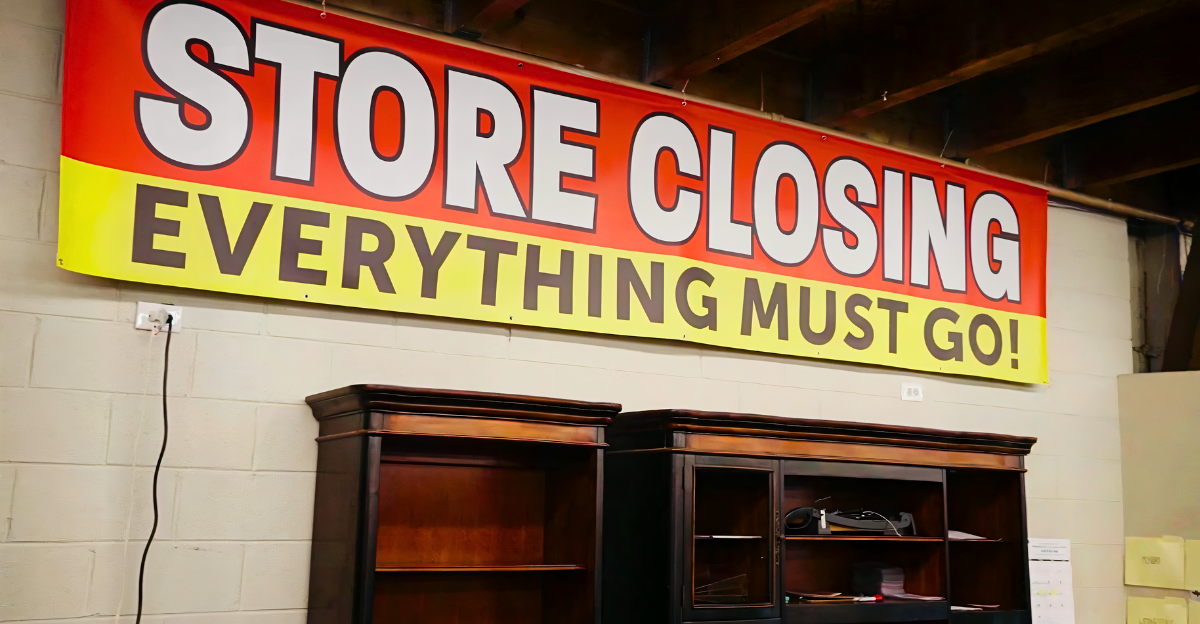
As July 2025 unfolds, trade relations between the U.S. and the European Union have sharply deteriorated. Following the U.S. government’s announcement of new tariffs on European imports, including a staggering 30% tax on selected EU goods, alarm bells are ringing throughout Brussels and major European capitals. The ramifications of these tariffs could instigate one of the most significant trade disputes of the decade, raising concerns among economists about a potential cycle of retaliation that may destabilize global markets.
The big question in the air is how the EU plans to respond to what many officials have described as an act of “economic aggression” from its largest trading partner. “We can’t allow ourselves to be bullied,” noted a representative from the EU, reflecting the determination felt across the bloc.
Escalating Stakes

As the EU contemplates its response to the U.S. tariffs announced in July, leaders are gravitating toward what experts call the “most aggressive strike” in the history of EU-U.S. trade relations. Plans are underway for retaliation that could hit American goods worth up to €93 billion, affecting the automotive and agriculture industries. This dramatic countermeasure shifts from the EU’s historically cautious stance toward a more assertive economic defense.
Businesses brace for potential disruptions as the August 1 deadline for the U.S. tariffs approaches. “We’re in uncharted waters,” said an EU trade analyst, emphasizing the critical nature of this period and the hope that diplomacy might still salvage the situation.
Roots of the Dispute

The current trade conflict has deep historical roots, primarily from longstanding U.S. complaints regarding EU subsidies and trade barriers. In previous years, simmering disagreements over issues such as aerospace subsidies and digital taxes had not escalated into a full-blown confrontation like this. The current U.S. administration’s decision to impose tariffs represents a significant departure from prior restraint, with officials asserting the necessity of protecting American jobs.
While past EU retaliations have been calculated and limited, this round of tit-for-tat measures threatens broader systemic disruption. To understand the stakes, one must ask what historical lessons leaders might draw upon in these tense times.
Economic Pressures Intensify

Leading up to the July escalation, the U.S. and EU economies had already felt the effects of trade-induced pressures, from supply-chain disruptions to inflation spikes. The EU is grappling with a slowdown in growth, which is exacerbated by faltering demand from China and uncertainties surrounding energy sources.
Conversely, U.S. exporters are increasingly worried about potentially losing access to critical EU markets. Manufacturing sectors across the Atlantic are scrutinizing their vulnerabilities amid the looming tariffs. An industry analyst remarked on this urgency, “If left unchecked, these economic vulnerabilities could spiral into a much bigger crisis.”
The Largest Retaliatory Package

On July 24, the EU formally adopted a retaliatory tariff plan targeting up to €93 billion in U.S. goods, including automobiles, aircraft, and whiskey. This marks the largest economic counterstrike in EU history and directly responds to the U.S. imposing its 30% tariff by August 1. The European Commission has also indicated its willingness to deploy an anti-coercion mechanism, potentially extending retaliations to digital and financial services.
“This is a necessary defense,” stated EU Trade Commissioner Valdis Dombrovskis, emphasizing the gravity of the situation while reaffirming that preference remains for a negotiated solution. The world wonders how the U.S. will interpret this formidable countermeasure.
Regional Impacts Deepen

As the impending tariffs loom, individual EU member states are voicing rising concerns over the potential fallout. Key industrial powerhouses like Germany and France are preparing for major disruptions in automotive exports. The stakes are high, and U.S. tariffs are poised to target their biggest foreign markets. French whiskey distillers are bracing for reciprocal limitations, while American bourbon producers echo their worries.
Behind closed doors, EU agricultural producers are expressing alarm over supply chain interruptions that could exacerbate price volatility. Amid these tensions, a German auto executive cautioned, “If these tariffs go through, you can expect significant job losses across the sector.” The uncertainty deepens across the continent’s economic landscape.
A Human Toll Emerges

Workers’ unions are sounding the alarm as factories signal potential production cuts amid the tariff uncertainties. “Our industries face a trade war, and jobs will pay the price if politicians don’t find a way out,” warned French union leader Philippe Martinez in an interview. Workers are caught in the crossfire, and U.S. exporters in agriculture are vocal about their fears of lost contracts.
“This tit-for-tat escalation threatens livelihoods on both sides,” said an American Farm Bureau Federation representative, John Cozad. These personal stories illustrate that trade policy battles extend beyond abstract economic forecasts and statistics, affecting real lives.
Market Reactions and Regulatory Moves

In response to the rising tensions, financial markets have reacted swiftly, with EU stock exchanges dipping 1.7% following the announcement of retaliatory tariffs. Commodity prices are exhibiting volatility, with steel and grains specifically impacted.
Some firms in the EU are proactively exploring supply chain adjustments to mitigate the risks posed by these escalating tariffs. Meanwhile, regulatory bodies in the EU are preparing to adapt their policies to bolster resilience in the face of potential disruptions. “Every day that passes brings more uncertainty, and we must be ready for all outcomes,” remarked an EU financial analyst.
The Urgency for Diplomacy

As the clock ticks down to August 1, there is a palpable urgency for diplomatic negotiations. Stakeholders on both sides are increasingly aware that escalating tariffs could lead to lasting damage in bilateral relations. Business leaders are pleading for compromise, arguing that trade wars ultimately harm everyone involved.
“We need to return to the negotiating table before it’s too late,” said an executive from a major automotive firm. As the stakes continue to rise, the hope is that reason will prevail and that both sides can find a mutually beneficial resolution.
Keeper of a Fragile Peace

Despite the tensions, the prevailing hope is for some form of resolution that allows for collaboration instead of conflict. As trade watchers observe the evolving situation, there’s an understanding that the following steps will be crucial. The outcome of this standoff will significantly impact not only U.S.-EU trade but also global economic stability.
In the face of potential fallout, a prominent economist remarked, “This is a pivotal moment we must choose cooperation over confrontation to prevent deeper economic crises.” Should the participants find common ground, they may pave the way toward a more stable and prosperous future that recognizes our global economy’s interdependence.






